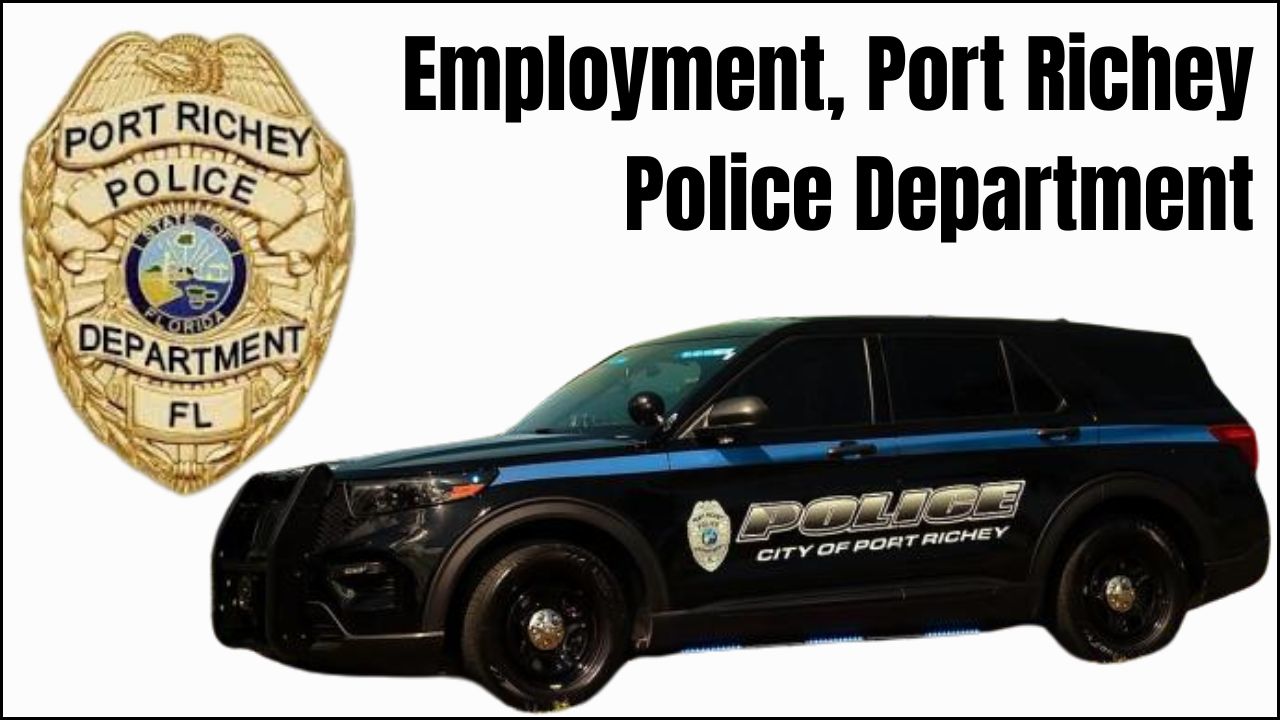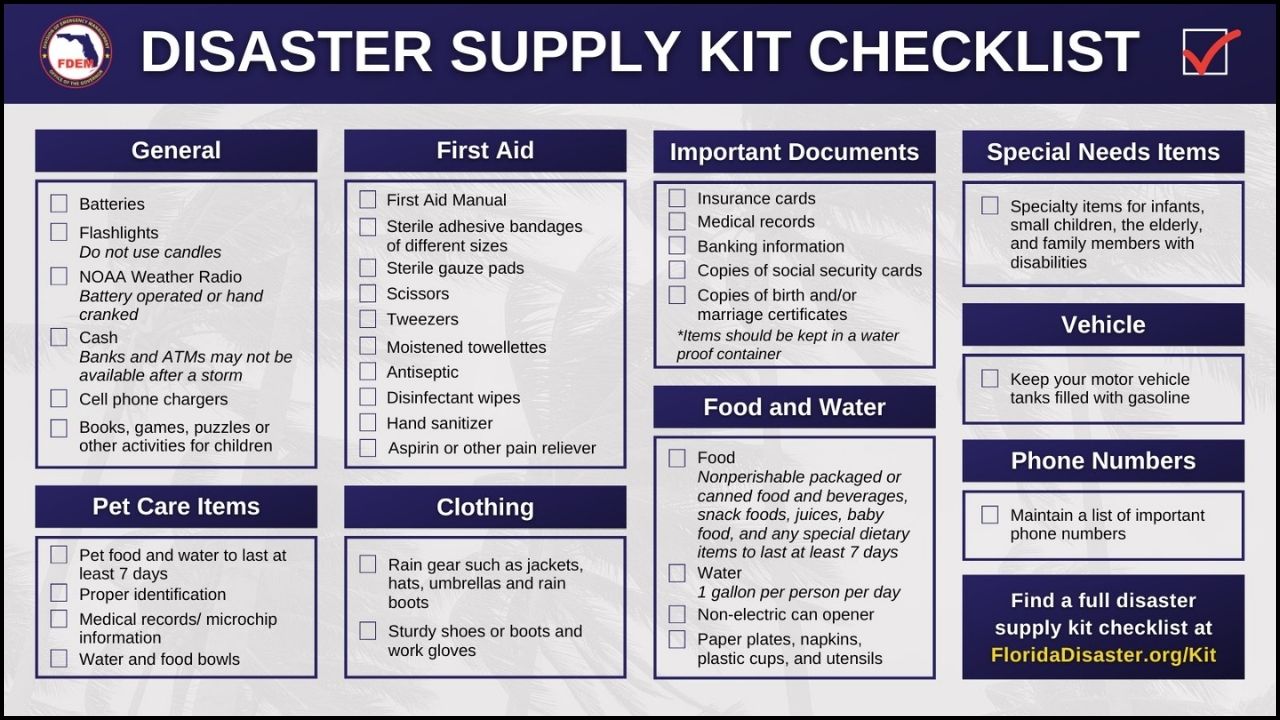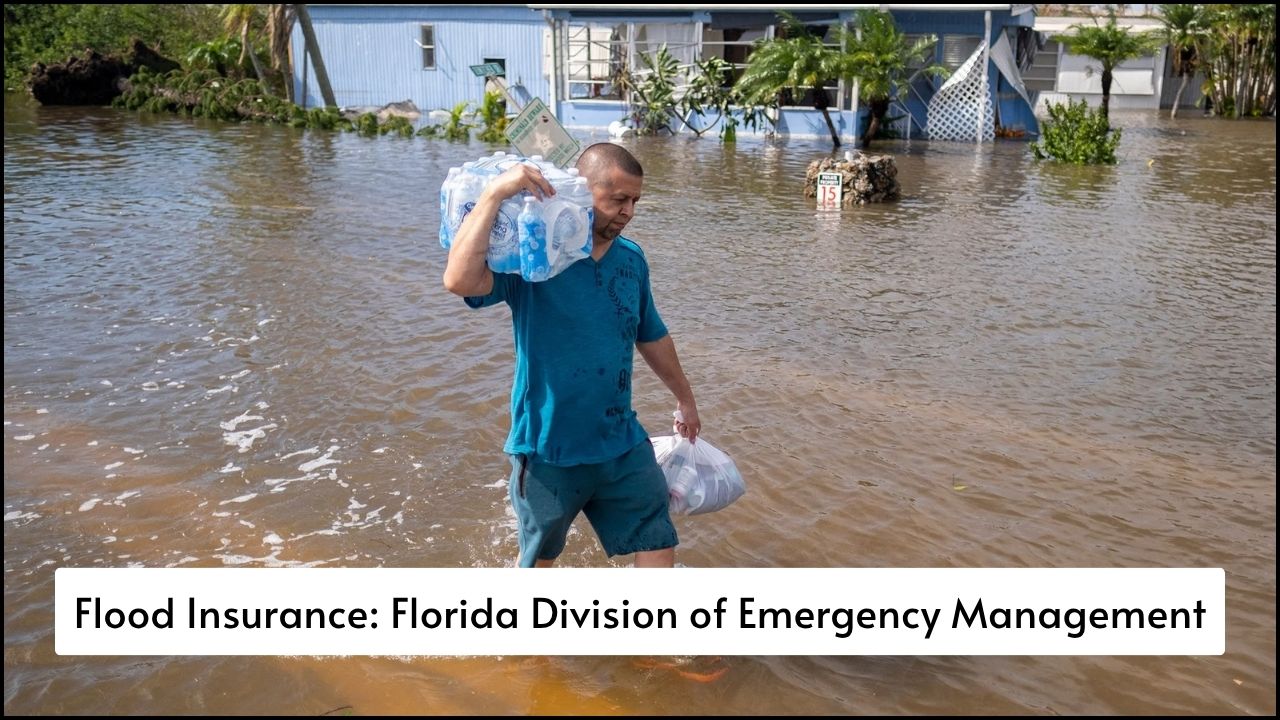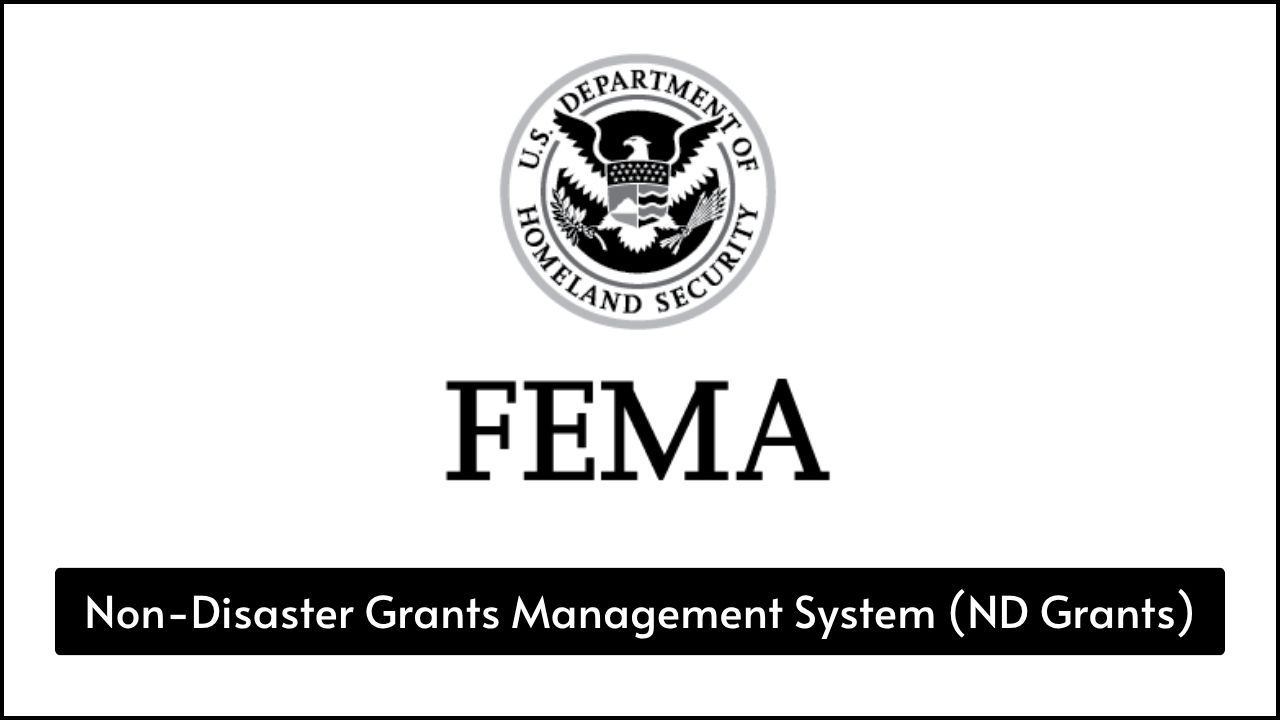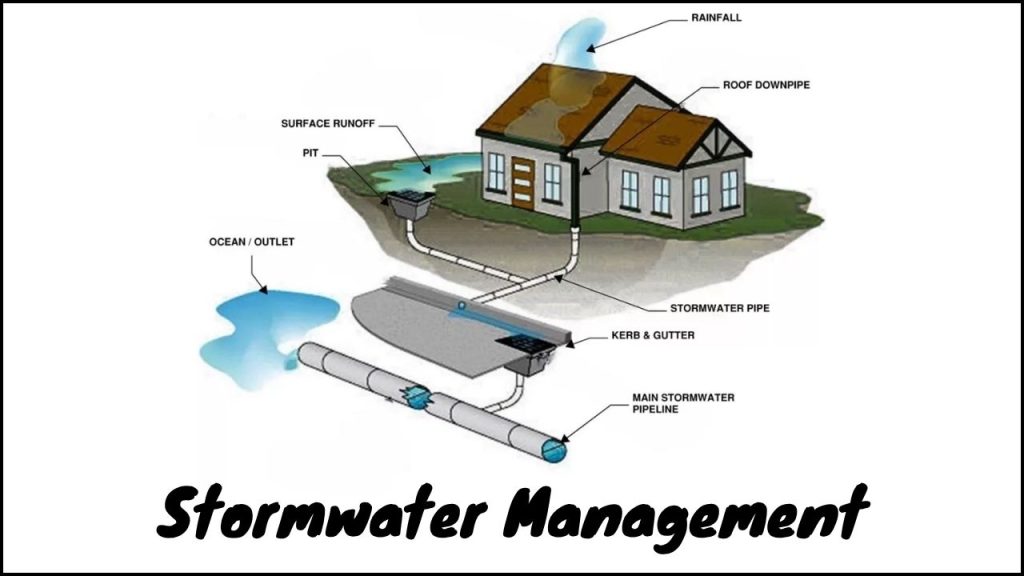
Stormwater management in the City of Port Richey is an essential process that protects local water bodies and keeps the community safe. Stormwater runoff happens when rain falls on surfaces like roads, rooftops, parking lots, and sports fields and cannot soak into the ground. This water picks up pollutants as it moves and flows directly into nearby rivers and the Gulf of Mexico. To manage this issue, the City follows important guidelines and programs. However, the success of this system depends on public awareness and cooperation.
Table of Contents
Understanding Stormwater Runoff
- Stormwater runoff is rainwater that cannot enter the soil.
- Hard surfaces like concrete or asphalt prevent water from soaking into the ground.
- Runoff carries pollutants into drains and pipes that lead to natural water bodies.
- Water bodies affected include the Pithlachascotee River and the Gulf of Mexico.
- Polluted runoff harms wildlife, damages water quality, and increases flood risk.
Common Pollutants in Stormwater
Pollutants often found in stormwater runoff can cause serious harm to the environment.
| Pollutant | Source or Effect |
|---|---|
| Motor oils / Coolants | Leaked from cars, it can poison aquatic life |
| Metals | Found in brake dust or industrial sites, toxic to fish and plants |
| Grease | From car engines and cooking waste, block water systems |
| Fertilizers / Pesticides | From lawns and gardens, cause algae blooms in water |
| Pet Waste | Carries bacteria that can contaminate water |
| Car and Equipment Soaps | Washed into drains during cleaning, harmful to aquatic organisms |
| Tobacco Spit | Contains chemicals that degrade water quality |
City of Port Richey’s Stormwater System
- The drainage system includes inlets, pipes, and outlets that guide stormwater away.
- Storm drains do not treat water; they carry it directly to rivers and seas.
- Maintenance is done regularly to prevent blockages and flooding.
- Public awareness is part of the strategy to reduce pollutant levels in runoff.
What Residents Can Do
Every person in Port Richey can play a role in keeping stormwater clean.
| Action | Impact |
|---|---|
| Fix car leaks | Prevents oil and coolant from entering storm drains |
| Dispose of pet waste properly | Reduces bacteria in water systems |
| Use fertilizers and pesticides wisely | Prevents chemical runoff into natural water bodies |
| Wash cars on grass or at car washes | Stops soap from reaching stormwater drains |
| Never dump anything in storm drains | Protects water quality and aquatic life |
| Sweep driveways, do not hose off | Keeps trash and debris out of storm systems |
National Pollutant Discharge Elimination System (NPDES)
The NPDES program is a national effort to control stormwater pollution.
- Established under the Federal Clean Water Act.
- Regulates three types of sources:
- Municipal Separate Storm Sewer Systems (MS4s)
- Construction activities
- Industrial activities
- In Florida, the program is managed by the Florida Department of Environmental Protection.
- The City of Port Richey holds an NPDES permit.
- Permit duration is five years.
- Annual reports must be submitted to show activities that reduce pollution.
Responsibilities Under NPDES
| Entity | Responsibility |
|---|---|
| City of Port Richey | Must follow NPDES permit rules and submit yearly progress reports |
| State of Florida | Oversees NPDES compliance and ensures local governments follow rules |
| EPA | Originally created the program and still monitors results nationwide |
| Citizens | Expected to reduce pollution at home and in the community |
The Importance of the Water Cycle
The water cycle supports life on Earth and plays a part in stormwater behavior.
- Evaporation lifts water into the air from oceans, lakes, and rivers.
- Condensation forms clouds as water vapor cools.
- Precipitation brings water back down as rain, snow, or hail.
- The collection gathers water in rivers, lakes, and the ground.
Stormwater and the Water Cycle
| Stage | Connection to Stormwater |
|---|---|
| Evaporation | Reduces surface water temporarily, part of the natural balance |
| Condensation | Form clouds that lead to rainfall |
| Precipitation | Creates stormwater runoff during heavy rains |
| Collection | Stormwater enters rivers, lakes, or drains |
Stormwater Management Goals in Port Richey
- Prevent flooding during heavy rainfall events.
- Protect natural water bodies from pollution and damage.
- Maintain healthy ecosystems in rivers and along the coast.
- Improve water quality for people and wildlife.
- Follow all state and federal rules under the NPDES program.
City’s Ongoing Efforts
- Street sweeping to collect debris before it enters the drains.
- Public education campaigns to inform residents.
- Inspection of drainage systems for repairs and maintenance.
- Reporting tools to allow people to alert the city about illegal dumping or blocked drains.
Stormwater Management Tips for Homeowners
| Tip | Why It Matters |
|---|---|
| Plant native plants | Native plants reduce runoff and filter water naturally |
| Build rain gardens | Collect stormwater and let it soak into the soil |
| Install rain barrels | Capture rainwater for use on lawns and gardens |
| Keep gutters clean | Allows proper flow and reduces water overflow |
| Reduce paved surfaces | Less pavement means more water can soak into the ground |
Looking Ahead
Stormwater management in the City of Port Richey is a shared responsibility between the local government and residents. Water that cannot soak into the ground becomes runoff and carries pollutants into rivers and the Gulf of Mexico. Through city efforts, public cooperation, and following NPDES rules, it is possible to reduce pollution and protect our valuable water resources. Simple steps at home can make a big difference in keeping stormwater clean and ensuring a safe, healthy environment for all.


